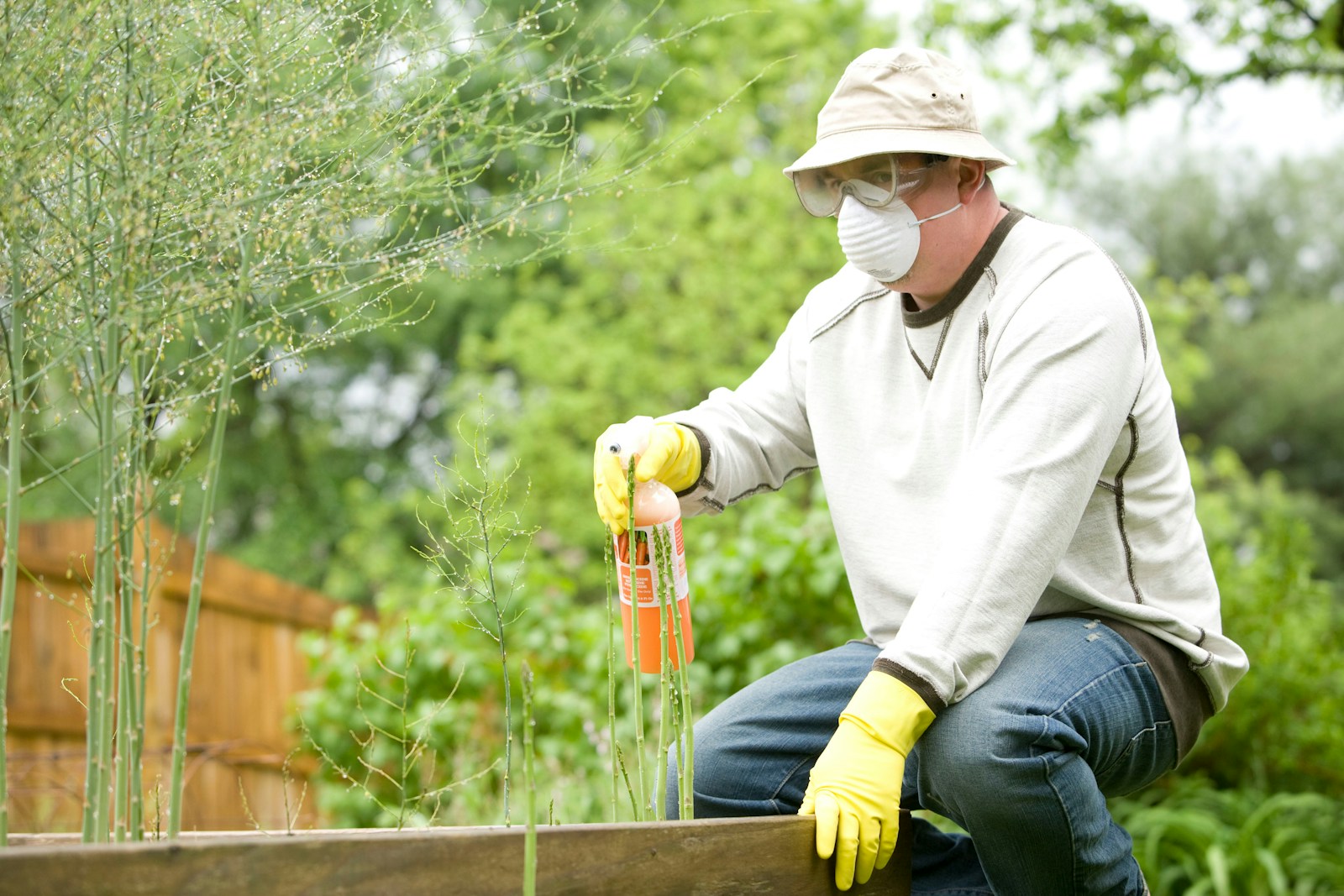Allergy Tips Near School Allergies in Virginia: Essential Tips for Parents and Teachers
Essential Allergy Tips for Parents and Teachers: Navigating School Allergies in Virginia for a Safe Learning Environment at Virginia Wellness Hub
Essential Allergy Tips for Parents and Teachers in Virginia
Managing allergies can be a daunting task, especially for parents and teachers navigating school allergies in Virginia. With increasing numbers of children diagnosed with allergic conditions, it’s vital to be well-informed and prepared. Implementing effective allergy tips can significantly improve the quality of life for affected students and ensure a safer school environment.
Understanding Common School Allergies in Virginia
School allergies can include a range of triggers such as pollen, dust mites, pet dander, and specific food allergens like peanuts and dairy products. Recognizing these common allergens is the first step to effective management. Here are some prevalent allergens that parents and educators should be aware of:
- Pollen from trees, grasses, and weeds
- Dust mites commonly found in classrooms
- Food allergens such as peanuts, tree nuts, dairy, and eggs
- Animal dander from classroom pets
Proactive Allergy Tips for Parents
For parents, proactive strategies can help minimize allergy symptoms and ensure that children can focus on their education. Here are some essential allergy tips:
- Communicate with the School: Inform teachers and school staff about your child’s allergies. This information is crucial for implementing necessary precautions.
- Allergy Action Plan: Develop and share an allergy action plan that outlines symptoms, medications, and emergency procedures.
- Food Awareness: Ensure that your child understands their food allergies and knows which foods to avoid, especially during school lunches and parties.
Key Allergy Tips for Teachers
Teachers play a pivotal role in managing school allergies in Virginia. Implementing simple yet effective allergy tips can create a safer learning environment. Consider the following:
- Educate Yourself: Learn about the specific allergies affecting your students and how to recognize allergic reactions.
- Safe Classroom Environment: Keep the classroom free from allergens by regularly cleaning surfaces and maintaining good ventilation.
- Emergency Preparedness: Know how to respond to allergic reactions, including the use of rescue medications like EpiPens.
Creating an Allergy-Friendly School Environment
Collaboration between parents and teachers is essential for creating an allergy-friendly school environment. Regular meetings can help address current issues and adapt strategies as needed. Schools should consider implementing specific policies that cater to students with allergies, ensuring everyone is on the same page.
Conclusion: Staying Informed and Prepared
Managing school allergies in Virginia requires diligence and cooperation. Both parents and teachers must stay informed about allergy tips to foster a safe and supportive environment for children with allergies. By following these guidelines and remaining proactive, we can help our children thrive academically and socially, despite their allergies. For further assistance and resources, consider reaching out to local allergy specialists and wellness hubs.
Keywords: allergy tips, school allergies, Virginia allergy resources, Virginia wellness hub, essential tips for parents, allergy management strategies, teacher allergy awareness, safe snacks for school, allergy-friendly classrooms, allergy education for teachers, Virginia allergy support, seasonal allergies solutions, emergency allergy plans, kids with allergies, allergy-friendly school policies
news via inbox
Stay Connected
Specializing in:








